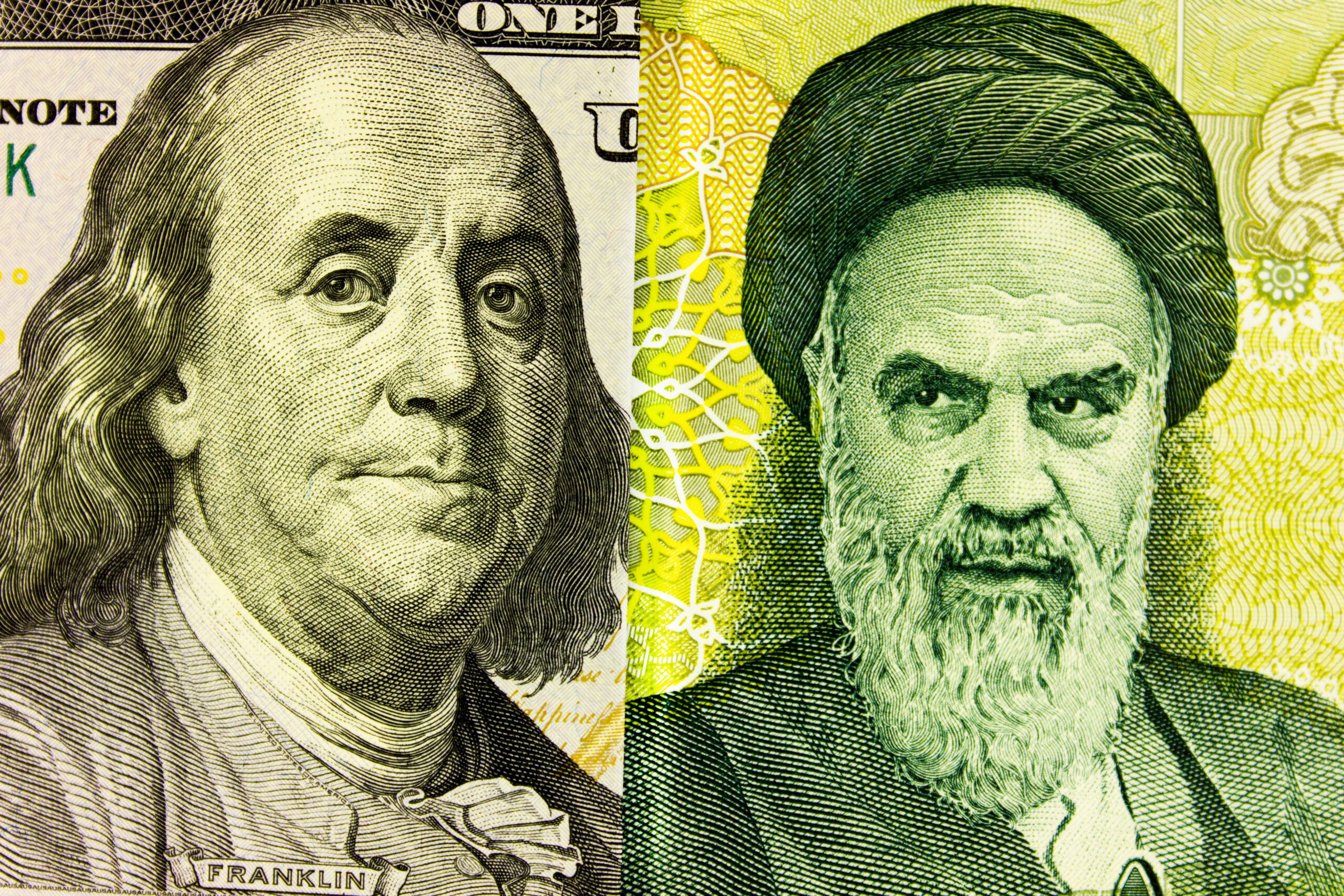Conflicting Narratives and International Intrigue in Egyptian Intelligence Warning to Israel

Following the Hamas attack on Israel on Saturday, 7th October, multiple news outlets reported about the possible warning Egypt intelligence addressed to Israeli Prime Minister Benjamin Netanyahu, alerting him about the anticipating event originating from Gaza. Netanyahu denied receiving such a warning. Two days later US House Foreign Affairs Committee Chair Michael McCaul told reporters that Egypt warned Israel three days before Hamas’s attack. The same day Egypt denied this information.
World News Monitors team compiled all the media mentions of the Egypt intelligence’s warning to Israel to create the comprehensive picture of the coverage.
It was possible to identify following narratives:
Initially, on October 9th, AP News and Ynet were the first to report on the Egyptian intelligence warning.
AP News posted an article on Israeli intelligence failure. AP News highlighted statements from an unnamed Egyptian official, indicating that Egypt had repeatedly spoken with Israelis about “something big.” AP News provides the following quote: “We have warned them an explosion of the situation is coming, and very soon, it would be big. But they underestimated such warnings”. Simultaneously, Israeli news website Ynet, owned by Yedioth Ahronoth Group, published a short article on the matter. The article states that “an Egyptian intelligence official” reported that Abbas Kamel, Director of the General Intelligence Directorate of Egypt , called Netanyahu to alert him about “something fierce will happen from Gaza”. The phone call happened “10 days ago”, according to the article, i.e. approximately 6-7 days before the attack. The author of the article is Smadar Perry, who’s been covering international agenda around Middle East events for various media outlets including Yedioth Ahronoth and Jewish Business News in 2016-2018.
Thus, the firsts reports imply that Israel received a warning that contained words “something big” or “something fierce”. AP News also suggested that Israelis underestimated the warnings while Ynet was the first source to state that the warning was was made directly by the chief of Egyptian intelligence Abbas Kamel. This narrative gained traction globally, with Indian newspapers: WION and Hindustan Times; New York Post, Times of Israel, Insider and others. The narrative is accompanied byaccusing Israeli intelligence of negligence for ignoring the warnings.
On October 11th, US House Foreign Affairs Committee Chair Michael McCaul confirmed the Egyptian warning, stating that Egypt had informed Israel three days before the attack. He told the reporters after a briefing on the Israel- Hamas war: “We know that Egypt had warned Israelis 3 days prior that an event like this could happen”. He later elaborated that the information was received from “classified [sources]”. He also said “We’re not quite sure how we missed it. We’re not quite sure how Israel missed it”. However, Netanyahu vehemently denied receiving any such warning, dismissing it as “fake news.”
Financial Times published an article on the same day citing “two officials familiar with the matter”, who revealed that Egyptian intelligence repeatedly told Israel that the situation in the Gaza Strip could “explode”. The article also states that the warnings were not “hard intelligence about a specific attack”, but a “general warning”.
Same day Israeli newspaper “Makor Rishon” ,however, published an article contained reference to Ynet publication. The article stated that Egypt officially denied sending a warning to Israel, citing “an official Egyptian source” clarified that information reported in some media regarding Egypt warning Israel is completely false. It was also reported that Netanyahu had not spoken with the Egyptian intelligence chief since he took office.
The confusion escalated on October 12th when Dr. Nimrod Novik, former Sr. Advisor to Shimon Peres, who is said to have “deep connections” with Egypt told to N12 that Egyptian intelligence informed him of a significant impeding event planned by Hamas. He said that Israeli intelligence had all the information even though Netanyahu and the head of Egyptian intelligence both deny that. He also stated that Egyptian intelligence warned Israel “weeks before the event”. He said that the Israelis misinterpreted the warning.
Thus, all the reports by media referred to anonymous Egyptian sources, however, very similar in words and phrases used. The situation becomes even more complex after CNN’s post on US intelligence assessment of a possible Hamas attack before 7th September based on Israeli reports, according to CNN.
The conflicting accounts surrounding the Egyptian intelligence warning to Israel have created a web of uncertainty and intrigue. The conflicting narratives surrounding the Egyptian intelligence warning to Israel have exposed a troubling aspect of international intelligence gathering and dissemination. The apparent contradictions in reports sources attribute to US intelligence agencies, as well as the varying accounts provided by different media outlets, highlight the complexities involved in verifying sensitive information.
More from the author


